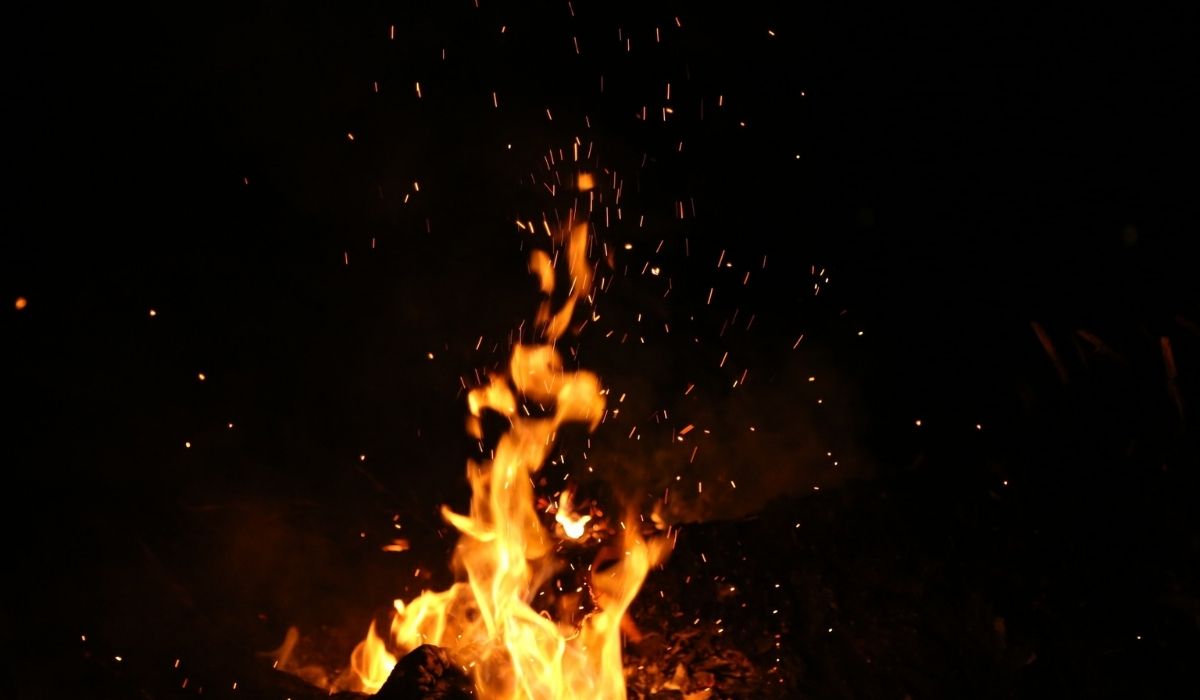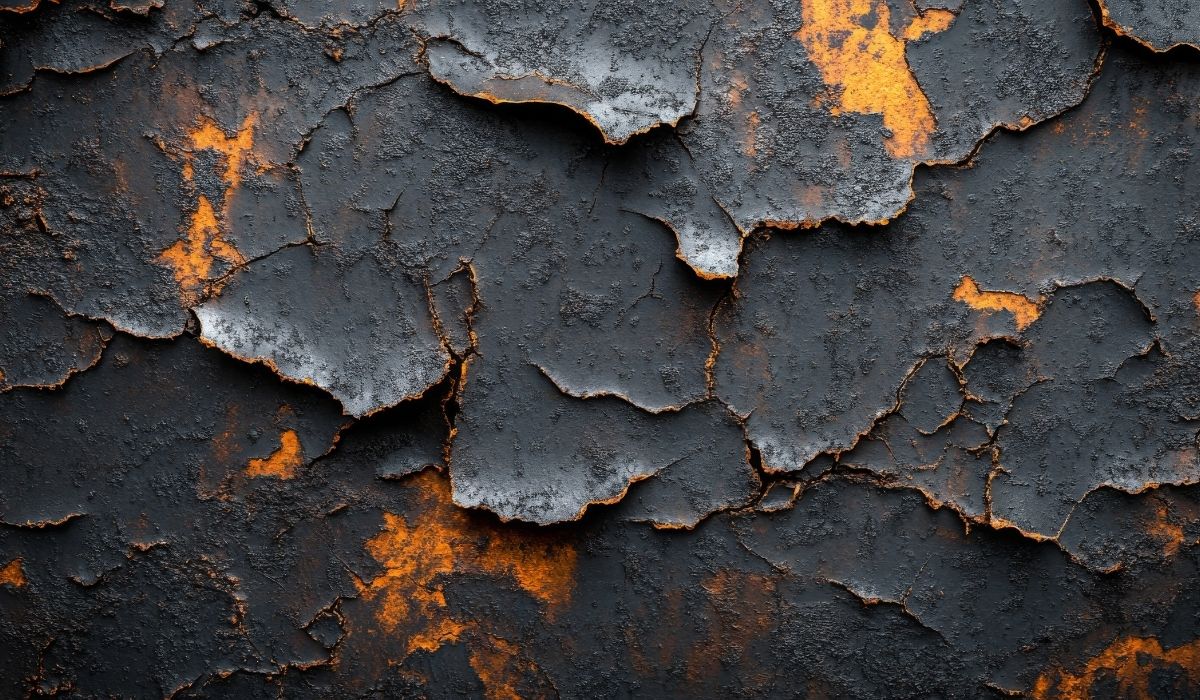Does Home Insurance Cover Fire Damage?
Home insurance typically covers fire damage, including accidental fires, wildfires, and lightning strikes. Standard homeowners insurance policies provide financial protection for both the physical structure and personal belongings affected by fire-related damages. However, coverage details depend on your policy type, limits, and any additional coverage you have selected.
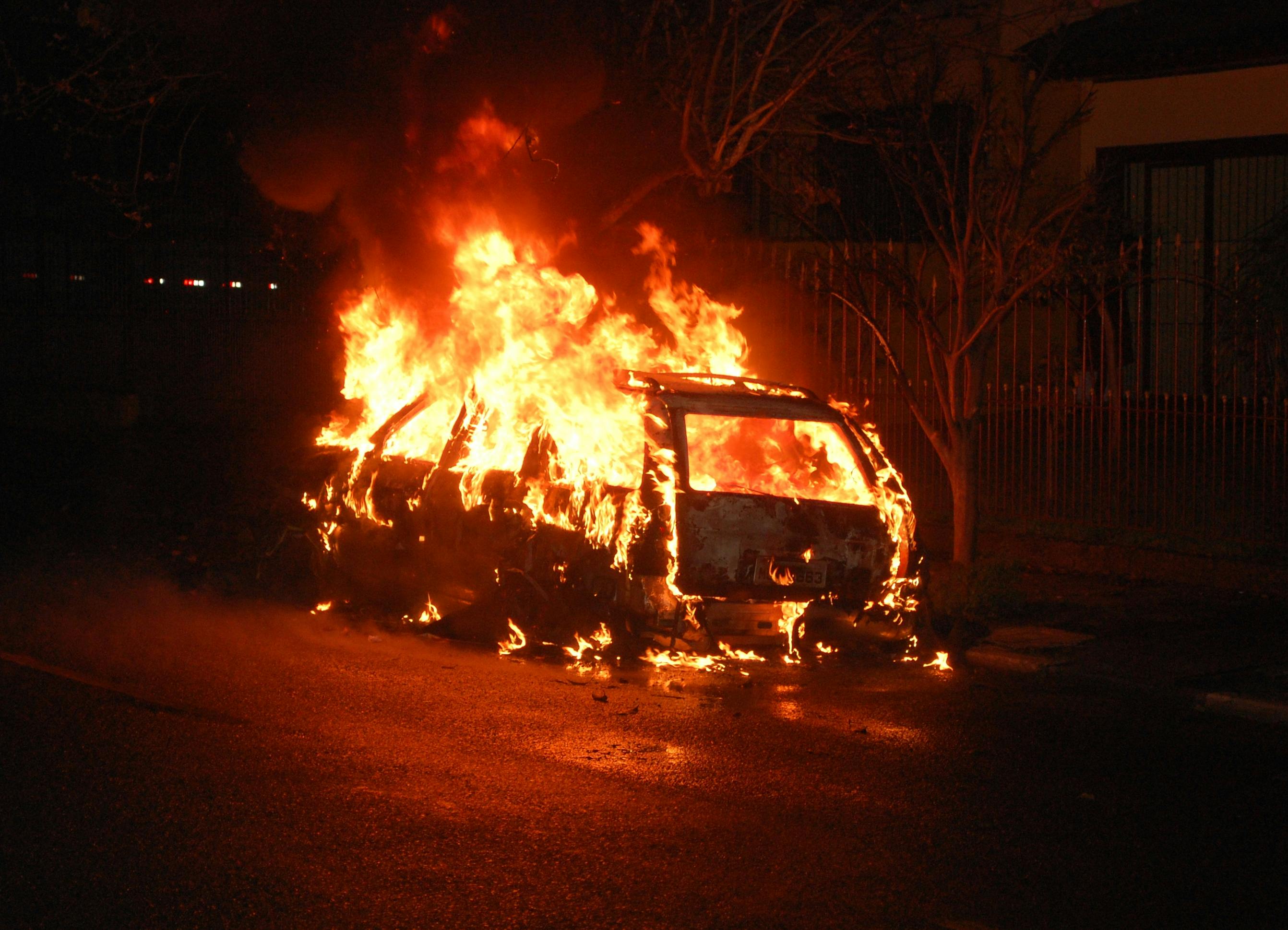
Dwelling Coverage for Fire Damage
Dwelling coverage is the core of most homeowners insurance policies. It covers repairs or rebuilding costs for the physical structure of your home when damaged by fire. Coverage limits vary, so ensure your policy provides adequate protection against construction costs in your area.
Personal Property Coverage
Personal property coverage protects your belongings damaged in a fire. This includes furniture, clothing, and valuable items. Standard policies may offer actual cash value or replacement cost coverage. Confirm your personal property coverage limits to ensure your valuable items, such as electronics or jewelry, are fully protected.
Additional Living Expenses Coverage
When fire damage makes your home uninhabitable, additional living expenses (ALE) coverage helps with temporary housing and basic living expenses. This includes costs for hotel stays, meals, and even pet boarding. ALE coverage ensures peace of mind while your home is being repaired or rebuilt.
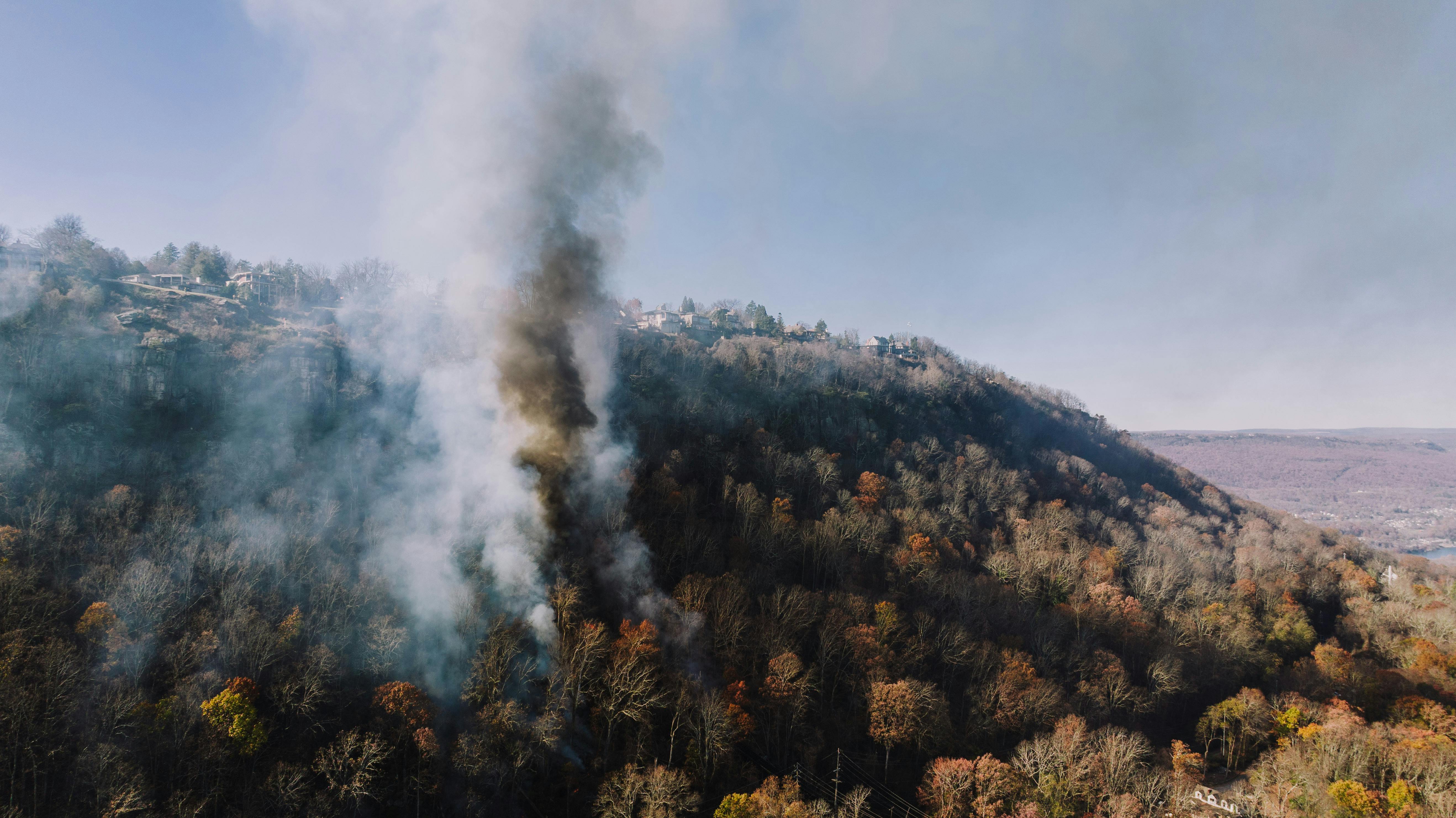
Insurance Coverage for Wildfires
If you live in a wildfire-prone area, your standard homeowners insurance policy generally covers wildfire damage. However, some high-risk zones may require additional protection or a separate policy through a state-backed Fair Access to Insurance Requirements (FAIR) plan.
What Isn’t Covered by Standard Policies?
Standard homeowners insurance policies exclude damages caused by poor maintenance or intentional fires. Additionally, coverage limits apply to certain valuable items, requiring extra coverage for comprehensive protection. Review your policy terms and consult your insurance agent for clarification.
Understanding Coverage Limits
Coverage limits refer to the maximum amount your insurance company will pay for damages. These include dwelling coverage limits, personal property coverage limits, and liability coverage. Ensure your policy provides sufficient protection for your home and belongings by reviewing policy limits and considering extended replacement cost coverage if necessary.
How to File an Insurance Claim for Fire Damage
- Document the Damage: Take photos and videos of all affected areas and damaged items.
- Contact Your Insurance Provider: Notify your insurer about the incident as soon as possible.
- Meet with Insurance Adjusters: Schedule an assessment of the damage to estimate repair and replacement costs.
- Understand Your Policy Terms: Review your homeowners insurance coverages and applicable policy limits.
- Receive Your Claims Check: Use the funds to repair or replace damaged property according to the claims process.
High-Value Items and Additional Coverage
Standard policies often have limited coverage for high-value or special items. Consider adding endorsements or extra coverage for valuable assets like art, jewelry, or collectibles. This ensures comprehensive protection for your personal belongings.
Preventative Measures for Fire Damage
Minimizing fire risks can protect your home and lower insurance costs. Steps include:
- Installing smoke alarms and maintaining them regularly.
- Creating a 30-foot safety zone free of flammable debris around your home.
- Adhering to safety standards and building codes.
- Storing flammable materials properly.
Options for Homeowners in High-Risk Areas
Homeowners in wildfire-prone areas may face challenges securing affordable coverage. Private insurers may charge higher premiums, and some policies may exclude wildfire damage. FAIR plans or nonprofit organizations provide last-resort options for those unable to access coverage through private insurers.
Liability Protection for Fire Damage
Personal liability coverage protects you if a fire originating from your property causes damage to others. This coverage helps pay for repairs, medical bills, or legal fees resulting from accidental events involving your home.
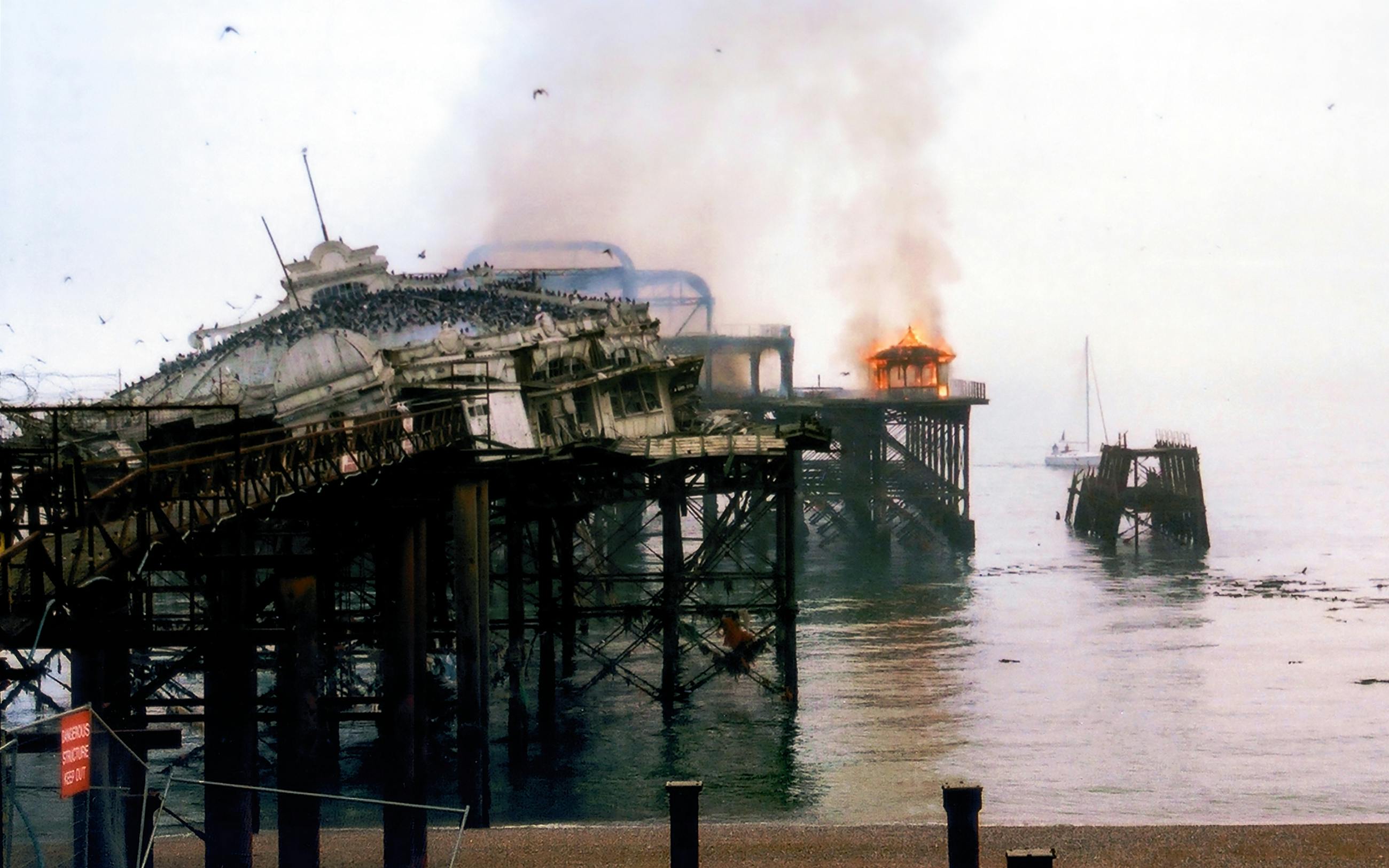
Common Types of Fires Covered by Insurance
- Accidental Fires: Fires caused by faulty wiring or cooking accidents.
- Wildfires: Coverage for damage from wildfires in high-risk zones.
- Lightning Strikes: Repairs for property damage caused by lightning-induced fires.
- Structure Fires: Fires affecting unattached or detached structures, such as sheds or garages.
FAQs About Home Insurance and Fire Damage
Does homeowners insurance cover fire damage to unattached structures?
Yes, standard policies include structures coverage for unattached structures like sheds or garages. Check your coverage limits to ensure they meet your needs.
Are additional living expenses covered during fire repairs?
Yes, ALE coverage helps with temporary housing, meals, and other basic living expenses while your home is uninhabitable.
Do I need extra coverage for valuable items?
Standard policies often have low limits for valuable items. Additional coverage ensures comprehensive protection for high-value belongings.
Is wildfire damage always covered by homeowners insurance?
Wildfire damage is covered by most standard policies, but some high-risk areas may require separate coverage or a FAIR plan.
How can I lower my premiums in wildfire-prone areas?
Implementing preventative measures, like creating a safety zone and installing smoke alarms, can reduce risks and potentially lower insurance costs.
By understanding your homeowners insurance policy, coverage options, and applicable limits, you can ensure financial protection and peace of mind in the event of fire damage.
Visit your nearby local emergency responder or contact us today for more information.
Table of Contents
EXCELLENTVerified A straight up honest broker who knows his stuff. Excellent communication and very helpful problem solving our mold issuePosted onVerified Giving Eric a 5-star review, and we haven't even started any work yet. He came to gave us his professional opinion and quote to address a mold issue in our house. He is clearly very knowledgeable. His opinion was wildly different than the previous estimate we received, from an agency that wanted to charge us about 4 times as much. He did a much more thorough assessment, and explained his reasoning for why he felt that our issue wasn't as extreme as the previous agency. He even gave us some suggestions as to how we could address our issue on our own, if need be. He doesn't appear "out to get you"... there are a lot of companies that work off the "mold is gold" motto, but he doesn't seem to be one of them. If we end up going with him for the job, we'll update the review... but, I was just so happy and relieved with his approach, estimate, knowledge, and his overall professionalism. Glad there are still people like this out there!Posted onVerified Eric and his team were prompt and professional. From diagnosis through cleanup they were very thorough.Posted onVerified Above and beyond expectations. Eric and his team were not only helpful, kind, and relatable to our issues, they were extremely professional and reliable. Always answered our calls. Showed up on time with great attitudes. Respected our home. Most importantly, got the job done in a fast and timely manner. Can't recommend enough.Posted onVerified We had a leak under the kitchen sink and called another company first. We were told there is mold and they would have to tent the area to remove it and that we'd also need a whole new cabinet. Of course, it was pretty expensive and they said we couldn't use the kitchen for a couple weeks. Feeling it's always wise to get more than one estimate, I called Preferred Restoration as they had excellent reviews. Eric replied promptly and came out to look things over. He felt the mold wasn't bad enough to require a tent and also felt a whole new cabinet was not required. Needless to say, we accepted his estimate immediately and the work was done in a professional manner. (They don't do the carpentry work, but can make a recommendation.) I highly recommend Preferred Restoration. I believe it's an honest company with skilled professionals.Posted onVerified Eric the owner was great to work and keep me informed the entire time that the moisture was being removed from my home. Highly recommend Eric and his team for any job!Posted onVerified Right from the start I knew I was going to be in good hands with this company. The response time was super quick and getting Eric to come out to my home to assess the situation was quicker than expected. Eric was very knowledgeable and answered all my questions thoroughly. He took his time to listen to all my concerns to carefully address the issues in my home. He made a stressful situation feel less stressful and manageable. I definitely recommend this company and will contact Eric if needed in the future. Thanks again Eric!Posted onVerified We discovered a mold issue in one of our bedrooms and reached out to Preferred Restoration Services for guidance. Eric was extremely helpful in helping us navigate what needed to be done since we had no experience with this type of issue. He shepherded us through the process and helped us understand every step that needed to be performed. He referred us to a couple of contractors which we used for plumbing and testing and they were also excellent. This was helpful so that we didn't have to figure out who else we needed to work with and vet them as well. Everyone from Preferred Restoration Services was very professional, communication was excellent, and customer service was outstanding. We had a lot of questions and they were all answered very quickly. I highly recommend Preferred Restoration Services for any damage restoration needs.Posted onVerified Preferred Restoration is the best service in town! If you want quality, fair pricing & guidance, call Preferred Restoration! Ask for Eric, he is very helpful and quick.Posted onVerified We had an issue with a sewer line that leaked and potentially needed some soil remediation under the house. I gave Eric a call and made an appointment for the next day for him to come out and assess the situation. Throughout the process his communication was great and he was on time (even gave me a call to let me know he was on his way). He went above an beyond to even check inside the house for potential water damage/mold. We did not have to move forward with any remediation. I appreciate Eric's communication, thoroughness, and HONESTY. We will keep his contact if we need any work in the future. I highly recommend Eric and Preferred Restoration!


